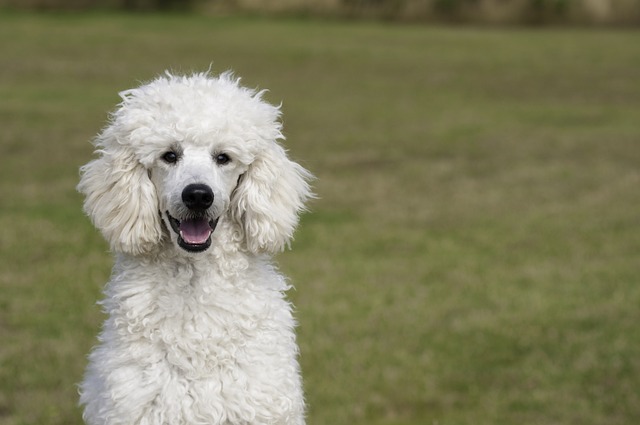
How do i train my dog to be obedient?
Watching your dog dart across the park ignoring your calls isn’t just frustrating—it can put them at risk near busy streets or public spaces.
Potty training a toy poodle is often a top concern for new pet parents, and the timeline can feel tricky to pin down. Unlike larger breeds, toy poodles have tiny bladders—meaning they can’t hold it as long, which affects how quickly they learn. Most owners see consistent success within 4 to 8 weeks, but this depends a lot on consistency, their puppy’s age (starting around 12 weeks, when they can control their bladder better), and how well you stick to a routine. It’s not unusual for younger pups or those with more energy to take a little longer, so patience here goes a long way.
Understanding your toy poodle’s natural cues is key to speeding up potty training. These smart pups often signal they need to go by sniffing the floor, circling, or whining—catching these signs early helps avoid accidents. Behaviorally, positive reinforcement works best: every time your poodle goes potty in the right spot (like a designated area in your yard or a puppy pad for apartment living), reward them with a small treat and excited praise. This builds a strong association between “going in the right place” and “getting something good,” which toy poodles—being eager to please—pick up on fast.
 Practical steps make a big difference in keeping training on track. First, stick to a strict schedule: take your puppy out first thing in the morning, right after meals, naps, and playtime, and before bed. For apartment dwellers, this might mean more frequent trips to a ground-floor potty spot or using puppy pads (just be consistent—switching back and forth can confuse them). Always clean up accidents thoroughly with an enzyme-based cleaner (regular soap can leave smells that attract them back to the same spot). And remember: never scold or punish your toy poodle for accidents—fear will only slow down their learning and damage trust.
Practical steps make a big difference in keeping training on track. First, stick to a strict schedule: take your puppy out first thing in the morning, right after meals, naps, and playtime, and before bed. For apartment dwellers, this might mean more frequent trips to a ground-floor potty spot or using puppy pads (just be consistent—switching back and forth can confuse them). Always clean up accidents thoroughly with an enzyme-based cleaner (regular soap can leave smells that attract them back to the same spot). And remember: never scold or punish your toy poodle for accidents—fear will only slow down their learning and damage trust.
In many places across the U.S. and Europe, there are rules to follow while potty training (and beyond). Always carry poop bags when you take your puppy out—failing to clean up after them isn’t just rude to neighbors, it’s often against local laws, with fines in some areas. Also, make sure your toy poodle is up-to-date on vaccines before taking them to public parks or shared potty areas—this keeps them safe from diseases and is sometimes a legal requirement too. Respecting these rules helps keep your community pet-friendly and makes training a smoother experience for everyone.
By staying consistent, using positive reinforcement, and following local guidelines, potty training your toy poodle can be a stress-free process. Remember, every puppy learns at their own pace—some might master it in a month, others a bit longer. The goal is to build good habits and a strong bond with your pup, not to rush perfection. With time and patience, your toy poodle will get the hang of it, and you’ll both feel proud of the progress you make together.

Watching your dog dart across the park ignoring your calls isn’t just frustrating—it can put them at risk near busy streets or public spaces.

New puppy owners often find themselves rushing to clean up accidents before they set in, and that’s where puppy pad training becomes a game-changer.

If you've noticed your dog's waistline disappearing and your veterinarian has mentioned those few extra pounds, your first instinct might be to simply reduce the amount of food in their bowl.

Training a dog to use a designated spot indoors isn’t as daunting as many new owners fear, but it does take consistency and an understanding of your pet’s needs.

That moment of dread on a walk is all too familiar for many new dog owners. You see another dog approaching down the sidewalk of your neighborhood

If the sight of another dog on your neighborhood walk makes your heart sink as your own dog erupts into a frenzy of barking and lunging, you're not alone.